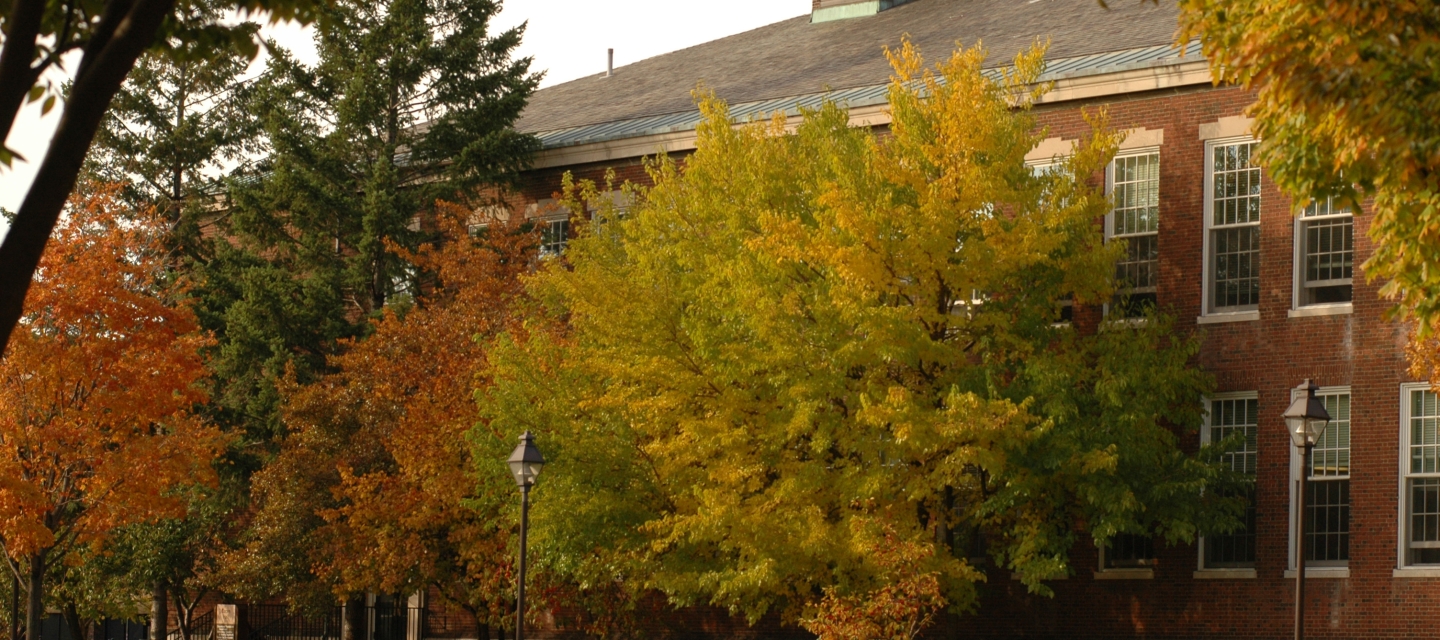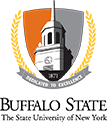
Scholarly and Creative Activity Statement
English Department Scholarship And Creative Activity Statement
Scholarship and creative activities are central to the English Department’s mission. In accordance with DOPS VI, “At every stage of a career, faculty members have the responsibility to conduct scholarly work in order to contribute to the knowledge base from which the professorate promotes learning and discovery and extension of knowledge. A variety of scholarly activities can contribute to the intellectual vitality of Buffalo State College.” Tenured and tenure-track faculty members are required to produce scholarly and/or creative works as part of their professional employment. The department also encourages all colleagues, regardless of rank or appointment, to engage actively in scholarly and/or creative pursuits. Producing scholarship and creative work goes along with our continued responsibility to play an active role in larger conversations in our disciplines. Remaining current with scholarship, research, and creative activity is essential for maintaining dynamic and engaging classroom spaces aligned with current best practices and the specific needs of our students. Finally, our membership in a continually developing global community demands that we and our students be connected to important critical methods and recent developments in our fields; this scholarly commitment is central to inspiring a “lifelong passion for learning” and empowering our students to be active, engaged, and informed citizens.
English Department faculty study and create literary and cultural texts, English Language Arts pedagogy, Rhetoric and Composition research, and applied and community-engaged research. Our scholarship and creative activity are diverse. We pride ourselves on producing original peer-reviewed scholarship and creative works. External review and validation practices build scholarly community. In most instances, the peer-reviewed publication of scholarly monographs, books, journal articles, co-authored works, review essays, translations, and creative work, as well as oral presentations given before professional and other groups, is evidence of scholarship. Unpublished manuscripts with high potential for publication shall also constitute evidence of scholarly and creative activity. Scholarly and creative activity may also include participation in institutes and seminars and funded grant proposals. Service to professional organizations (such as editorial work or conference organization), collaborative research, and mentorship of students sometimes overlaps with scholarship and creative activity. The English Department also recognizes the tremendous value of public scholarship: actively connecting our scholarly and creative interests with specific audiences and communities beyond the academy; going out into schools, museums, theaters, and a range of community venues; and inviting people from those places to interact with our scholarly activities. Built upon the collaborative process between researchers and local partners, community-engaged research creates and shares knowledge with the goal of contributing to the discipline while strengthening the well-being of both the educational community and community at large.
Overall, the English Department asserts each colleague’s right to contextualize her or his scholarship and/or creative activity to the department’s personnel committee. Affording department members this agency ensures that the department is inclusive and equitable in its tenure and promotion decisions, and it creates space for department members to pursue avenues of intellectual scholarship that best align with their personal, disciplinary, and pedagogical prerogatives.
Approved 4/12/2022
Faculty Small Grants Program
English Department Small Grants Program for Faculty
The English Department provides grants to faculty members to help offset the cost of activities related to scholarship, teaching, and creative work. Such costs may include but are not limited to those associated with
- publication (ex. for securing copyrights; hiring an indexer)
- accessing scholarly collections (ex. travel and lodging to archives)
- professional development (ex. workshop or seminar registration)
- joining and participating in the activities of learned societies or associations (especially for contingent faculty)
Small grants cannot cover the cost of:
- Equipment (such as computers, laptops, tablets, chargers)
- Software
- Meals
Applicants should prepare the following:
- Abstract or one-page description of the proposed or completed activity;
- Letter of acceptance or program from conference, workshop or publisher, if relevant;
- A budget that includes all costs associated with the activity;
- Evidence, such as copies of fellowship applications, showing that funding has been sought from other sources. Such sources might include foundations, funding agencies, learned societies, the UUP Individual Development Award, the E.O. Smith Fellowship, the Fleischmann Fund, and the School of Arts and Sciences Dean’s Office;
- The date(s) and amount(s) of any English Department grants previously received.
This information should be submitted through the English Department Faculty Small Grants Program application form (link here).
Priority will be given to projects that involve students, to faculty who have not previously received English Department awards, and to untenured faculty. CWP faculty should first seek funds from CWP but may apply to English if CWP funding is not available. Applicants presenting research at conferences/workshops will be preferred over those who are simply attending.
The chair will set a fall and a spring deadline for applications and will decide who receives grants and for what amount. Faculty will not be eligible for grants in consecutive years unless funds remain after all eligible applicants have received a grant. The departmental budget for awards is $4,000; this number will be revisited annually.
In general, applications will not be approved for funding if the activity took place more than six months previously.
*Please note that applicants may be reimbursed mileage costs at the state rate (see https://travelservices.buffalostate.edu/personal-vehicle) but we do not reimburse based on gas receipts.
Approved February 2024.

